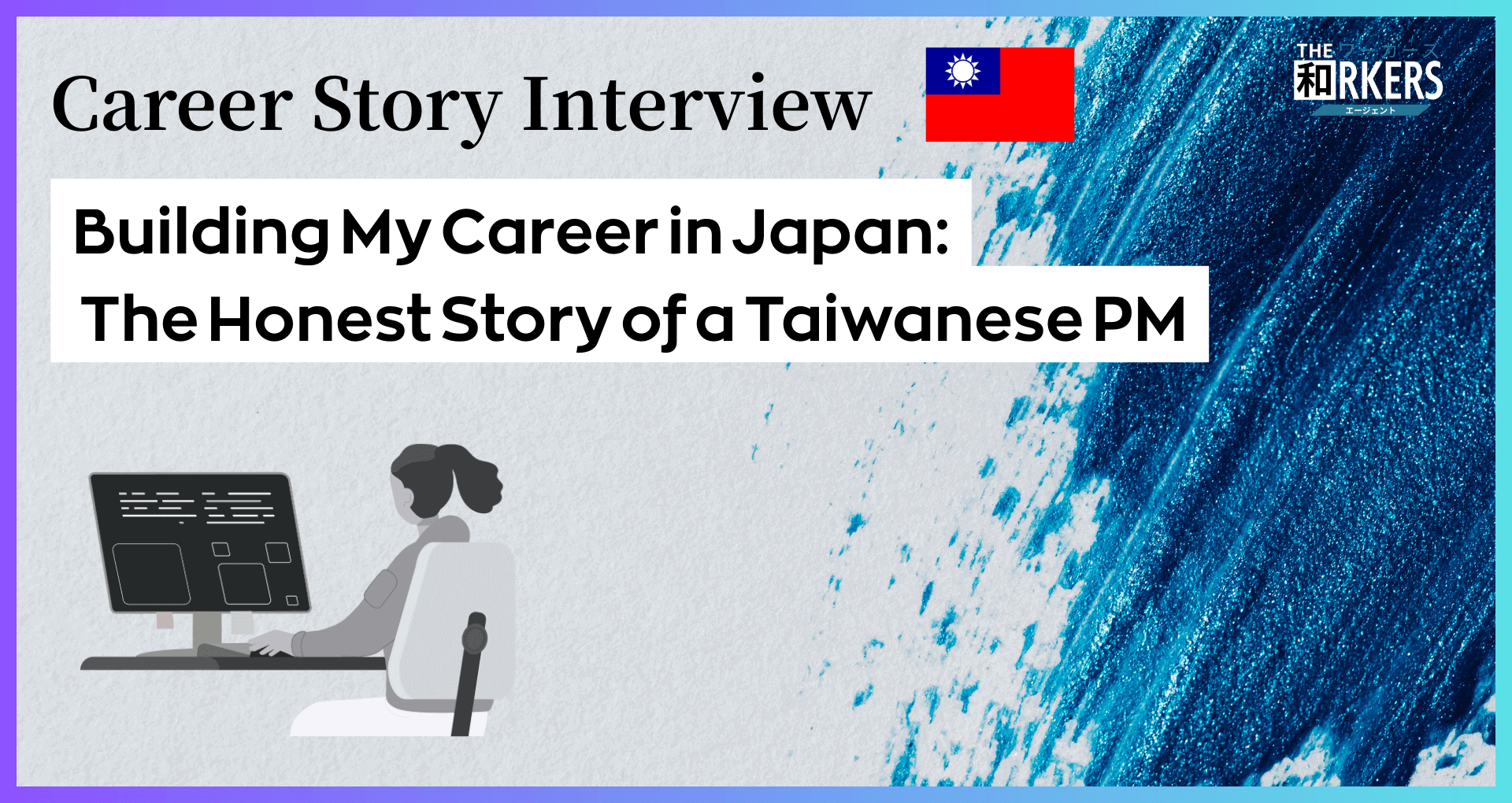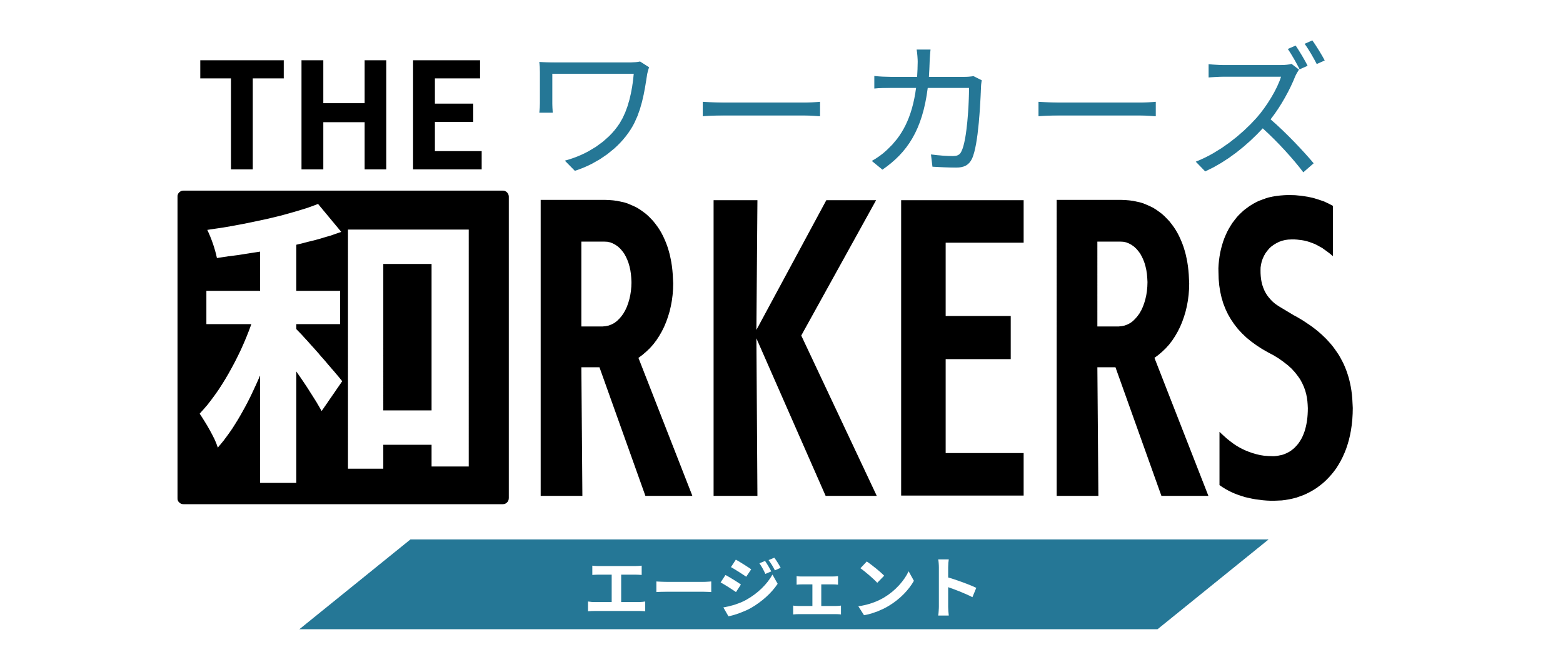Building My Career in Japan: The Honest Story of a Taiwanese PM

A Taiwanese project manager shares her candid journey of working in Japan—from entering the game industry to tackling language barriers, changing jobs, and planning her next career move. An honest look at the challenges and rewards of building a career as a foreign woman in Japan.
Coming to Japan: Motivation and Preparation
— Were you originally interested in Japan?
Yes, I was somewhat interested in Japanese idols, and I could speak a little Japanese already. I also studied Japanese in university classes, and wanting to make use of that was what got me started.
After graduating from university and graduate school, I worked in Taiwan for a while. Then I quit my job and enrolled in Keio University’s Japanese language program in a kind of study-abroad style, where I studied for a little over a year.
After that, I actually planned to go back to Taiwan, but I felt that my Japanese skills still weren’t good enough, so I ended up staying in Japan. But since I didn’t have much money, I decided I needed to work.
— What did you study at university and graduate school in Taiwan?
I was aiming to become a lawyer, so I majored in law at both university and graduate school.
— Had you already studied Japanese quite a bit before enrolling in Keio University’s language program?
No, honestly, it’s embarrassing to even say I “studied hard”—I didn’t really study that seriously.
It was just a little bit, really just enough to try to get the qualification. Before coming to Japan, I did take and pass the N1 exam, but it was purely exam-focused study. I’ve always been pretty good at studying in general, so I could pass without putting in that much effort—but in reality, I couldn’t speak at all.
When I went to study in Japan, my teacher told me, “Your Japanese still needs a lot of work.”
That really made me realize just how different input and output are.
First Job in Japan: Breaking into the Game Industry
— Could you tell us about your career background?
I’m currently at my third company since coming to Japan.
My first job was at a game company, where I worked in debugging as a tester and also served as a debug lead. After that, I gained experience at a company specializing in AI and machine translation.
Now I’m working at a startup focused on the theme of hospitality × IT. As a project manager, I’m involved in a wide range of tasks from upstream processes such as requirements definition, design, and testing, to client negotiations and progress management.
— So that’s how you ended up joining a game company at first?
Yes, I’d been interested in games since I was a child. In Taiwan, there aren’t many game companies, so I wanted to take on the challenge in Japan.
Because of my age, I didn’t join as a new graduate but was hired as a mid-career employee.
— What kind of work did you do at first?
I was in charge of game debugging at the beginning, and I also served as the debug team leader.
— How long did you work at the first company you joined in Japan?
About a year and a half.
— When you first started working in Japan, was there anything particularly difficult or challenging?
What was especially difficult was writing in Japanese.
For example, taking meeting minutes or writing emails was tough—and honestly, that’s still challenging even now.
I did study business Japanese, but the expressions actually used at work were a bit different from what I learned in school, so I really struggled. Just because you pass N1 doesn’t mean you can immediately use Japanese perfectly at work. Phrases like “otesuki no sai ni” (“when you have a free moment”) or “osore irimasu ga” (“I’m sorry to trouble you, but”) aren’t really covered in school, so I was quite confused at first.
Changing Jobs: From Gaming to AI and Machine Translation
— Why did you decide to change jobs?
Because I wanted to become a full-time (permanent) employee. At that company, even the team leader positions were contract-based, and the highest level you could get was something called “jun-shain” (quasi-employee).
I was told that was as far as you could be promoted under their rules, so I decided to look for another job.
— How did you go about finding a new job?
I mainly looked for similar positions, like debugging at other game companies or tester roles at other firms. For my second company, I actually joined as a tester as well. They just happened to not have any testers on the team handling the machine translation API, so I was assigned there.
— Did you use any Japanese recruitment agencies?
Yes, I used agencies to help me find the job.
— Was there anything particularly difficult about your job search or changing jobs?
The hardest part was coming up with a different motivation for changing jobs for each company. Writing “why I want to work at your company” tailored to each company was challenging. I had to research their websites and other information to craft those motivations.
— When you change jobs, the work environment changes too. Did you find anything difficult about adapting to that?
Honestly, when I was at my second company, I didn’t really feel that kind of difficulty. If anything, the first company had much stricter security policies. Because we were handling things under development, we weren’t allowed to bring phones into the office, and there was even a rule that water had to be in transparent bottles.
In contrast, the second company felt like a typical IT firm, with almost no such restrictions and a more relaxed office atmosphere. It was also a flexible environment with flextime, so I could work pretty freely.
— How long did you stay at your second company?
I was there for about five years.
— Why did you decide to change jobs?
The main reason was that I felt the company’s evaluation system was very opaque. It’s a company that’s been around for over ten years, but the evaluation system, rules, and other policies didn’t seem properly established.
For example, there were no one-on-one meetings with supervisors at all when it came time for evaluations. I started to feel uneasy, thinking that if I stayed there, I couldn’t see any clear future for my career. That’s why I decided to make a change.
Current Role and Navigating Career Challenges
— What kind of work are you doing at your current company?
I was hired as a project manager, but the work I’m doing now is actually closer to that of an account manager. When I was working as a project manager before, I used to plan roadmaps and create progress schedules in consultation with engineers, but now I’m hardly involved in that part at all.
I create the requirements definitions and hand them over to the development department’s PM or team leader, who then does the planning. I’m also responsible for reporting progress and coordinating during weekly meetings with clients. So right now, I feel my role is closer to that of an account manager.
— It sounds like you were doing more project-manager-type work at your previous company?
Yes, that’s right. While doing testing work, I also took on PM-like responsibilities over those five years, creating roadmaps with engineers and managing progress.
— What is your typical overtime like these days?
Right now it’s about 20 to 30 hours per month. At my second company, I hardly did any overtime.
— Ideally, what kind of work style are you aiming for? Do you still want to focus on PM-type roles?
Yes, I definitely want to further develop my career as a PM. I’d like to go deeper—for example, managing in an architect-like way, or working with data analysis, using tools like SQL to move projects forward.
But in my current job, I hardly get to use those kinds of skills. Most of my work is centered on writing meeting minutes and attending meetings almost every day. That’s a bit different from the kind of work I actually want to be doing.
— As you build your career in Japan, is there anything you see as a particular challenge?
What I see as the biggest challenge is still my skill set. I didn’t come from an IT background originally, and I’ve learned most of my IT knowledge on the job, but I still feel there are areas where I’m lacking.
And of course, the biggest thing as a foreigner is language ability. Daily Japanese communication isn’t really a problem, but I’m still far from a native level, so I want to keep studying.
On the other hand, my current company is very multinational, with English as the main internal language and relatively few Japanese colleagues, so I do appreciate that I get to use English. Still, since I’m working in Japan, I really feel that Japanese proficiency is extremely important.
— In practice, are the people you work with now generally able to speak Japanese? I assume there are other foreign staff as well?
Actually, the engineers hardly speak any Japanese at all. So when we talk about development-related topics, it’s all in English.
— While working in Japan, what has been the most enjoyable moment or a memory that made you feel really positive?
The most enjoyable moments have definitely been when a project was completed. Every time we finished, there was a sense of accomplishment that made me happy.
Also, I have strong memories of the time I worked as a tester. We did a lot of overtime to prepare for game releases, but the joy of actually reaching the launch moment was on a whole different level.
Future Goals and Advice for Other Foreign Women
— Do you have any future career goals or visions for your work in Japan?
I’ve been working as a project manager up until now, but going forward I’d like to broaden my scope and aim to become a product manager.
These days, I use my time outside of work to talk with colleagues who are product managers at my company and learn about what their work actually involves.
By continuing to study on my own like that, I hope to eventually take on a role in that department.
— Do you have any advice or a message for other foreigners who want to build a career in Japan?
Of course, it’s always better if you can speak Japanese well, but even if you’re not yet at a business level, I think it’s really important to keep developing your own skills.
For example, having something like a GitHub portfolio that clearly shows what you can do is very important.
\Software Engineers, IT Consultants, Data Scientists…/

Non-Japanese and aiming for a top-tier job in Japan?
Get in touch with THE 和RKERS Agent today.



Software Engineers,
IT Consultants,
Data Scientists…

Non-Japanese and aiming for a top-tier job in Japan?
Get in touch with THE 和RKERS Agent today.
